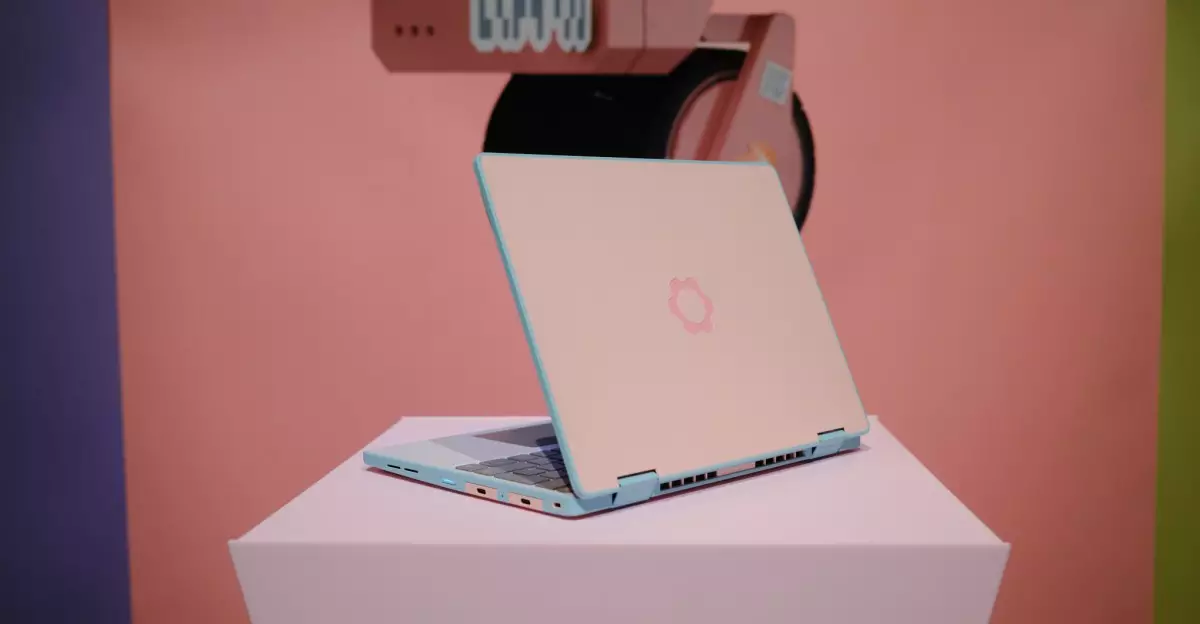In a landscape defined by rapid developments in technology and geopolitical shifts, Framework is experiencing a notable pause in its U.S. market strategy, specifically concerning the anticipated orders for its Laptop 12 model. This decision comes after the company put a hold on sales of certain more affordable Laptop 13 configurations, indicating a cautious approach amidst the complexities introduced by new tariffs. It’s a challenging time for tech companies operating in markets that are heavily intertwined with international trade, and Framework is no exception to the pressures these tariffs impose.
Innovative Design Meets Practical Functionality
Framework’s Laptop 12 has already created a buzz without even launching in the U.S. market. As the smallest addition to its lineup and the first convertible touchscreen device, the Laptop 12 boasts an appealing and functional design with specifications that appeal to an emerging user base. Featuring a 13th Gen Intel Core i3 or i5 processor, a resolution of 1920×1200 pixels on its touchscreen, and impressive memory and storage options, this laptop caters to both casual users and professionals. Unlike many competitors in this space, its modularity highlights a commitment to repairability—a significant factor for environmentally conscious consumers today. The unique pastel colors also add an aesthetic same-day appeal that sets it apart from the more conventional, drab finishes available elsewhere.
Impact of Tariffs on Pricing Strategy
The essence of Framework’s decision-making process is rooted in financial prudence and the reality posed by tariffs that can drastically tilt the balance sheet. The company revealed its intent not to raise prices unless absolutely necessary, reflecting a considerate approach to its customer base. With laptop prices now approaching $899 for do-it-yourself versions of the Laptop 13, and reaching up to $1,099 for pre-built options, the necessity to navigate these economic waters wisely is undeniable. By pausing sales on cheaper models, Framework is striving to avoid losses, showcasing an understanding of bullish pricing practices without compromising on its customer promise.
A Broader Perspective on Tech and Tariffs
It’s imperative to view this situation through a wider lens. While Framework is making news in the tech arena, its challenges are indicative of broader issues faced by tech companies globally as international trade dynamics evolve. The announcement of the Laptop 12, with its delayed U.S. release, serves as a reminder of the intricacies inherent in global markets, where variables like tariffs can cascade into decision-making processes that impact consumers directly. Framework’s commitment to modularity and repairability not only stands as a technical innovation but also as a social statement about sustainability and responsibility in tech manufacturing.
In essence, while the Laptop 12 is facing a hold-up in its U.S. preorder timeline, its international launch offers a beacon of hope. By continuing to affirm its core values and creating products that showcase innovative design along with practicality, Framework is not just weathering the storm of tariffs; it is also carving a distinguished path forward in the tech landscape.

